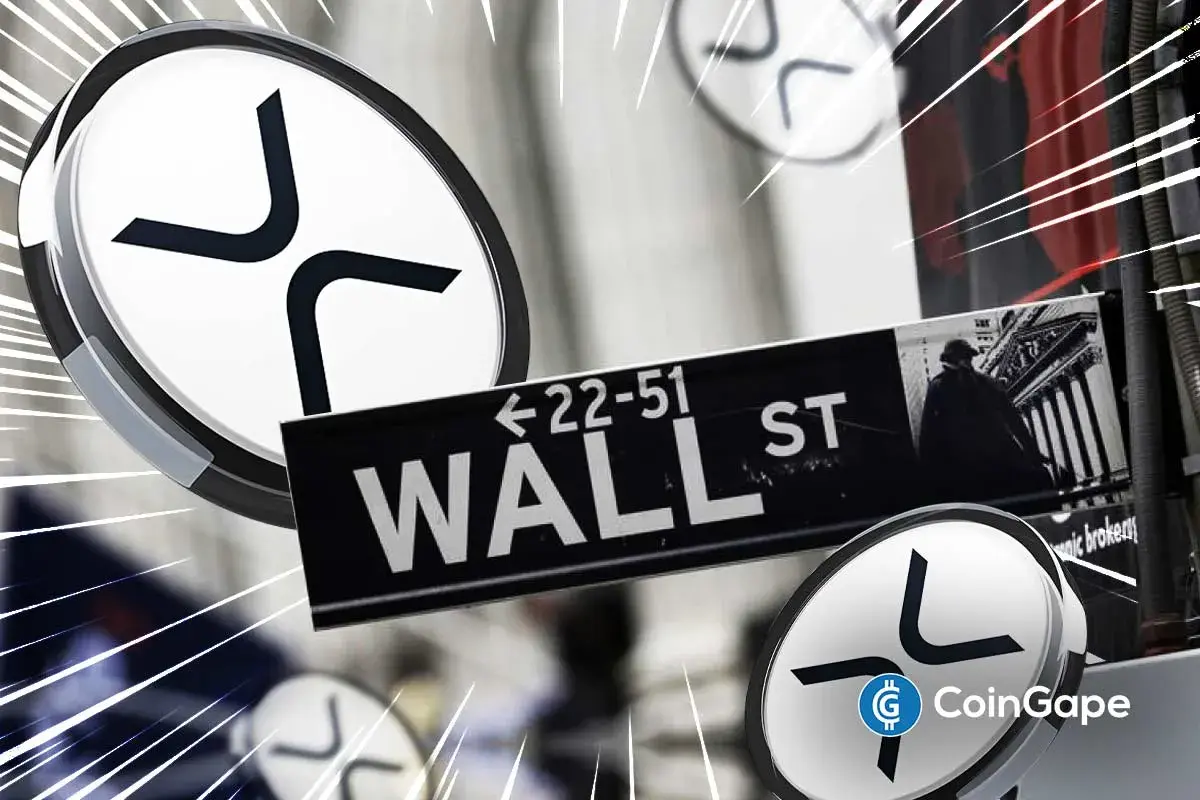South Korea Cracks Down On KuCoin, BitMEX & Other Crypto Exchanges

Highlights
- South Korea targets unregistered crypto exchanges operating in the country.
- These platforms include BitMEX, KuCoin, CoinW, Bitunix, and KCEX.
- The country has initiated to take proper actions against these platforms.
South Korea has launched a crackdown on unregistered overseas crypto exchanges operating in the country, including KuCoin, BitMEX, CoinW, Bitunix, and KCEX. The Financial Intelligence Unit (FIU) has identified these platforms as illegally operating, failing to register as virtual asset service providers (VASPs) under the Specific Financial Information Act.
South Korea Targets Unregistered Crypto Exchanges
As part of South Korea’s crypto regulatory efforts, the Financial Intelligence Unit has cracked down on multiple crypto exchanges for illegally operating in the country. These platforms include BitMEX, KuCoin, CoinW, Bitunix, and KCEX.
These exchanges have reportedly failed to register as virtual asset service providers (VASPs) under the Specific Financial Information Act. In addition, they have been found to be operating Korean websites, targeting local investors with marketing and customer support, all without proper registration or disclosure. These findings have sparked increased scrutiny over these crypto exchanges.
An FIU official revealed that the regulator is currently analyzing measures to block access to these crypto exchanges. “We are currently reviewing access blocking measures for unreported overseas exchanges that are providing services to domestic investors through consultation with the Korea Communications Standards Commission,” the representative stated. The official further added,
We are organizing damage cases and related data to strengthen communication between the authorities, and we expect to take tangible measures within this year.
Kucoin and Other Major Exchanges Targeted for Sanctions
According to local reports, top crypto exchange KuCoin is under scrutiny for violating licensing regulations. Other platforms that are currently deemed by the South Korean regulator as illegally offering services include BitMEX, CoinW, Bitunix, and KCEX. As these exchanges have failed to adhere to proper regulatory norms, the FIU targets them for sanctions.
Notably, the financial watchdog has initiated procedures to take proper actions against these crypto exchanges. With intense scrutiny, the FIU is consulting with relevant organizations to proceed further.
This development follows the nation’s recent rejection of the notion of a strategic Bitcoin reserve. The Bank of Korea has dismissed the possibility of adopting a crypto reserve citing its volatile nature and inherent risks.
In addition, the Bank of Korea is experimenting with its CBDC project. The central bank will launch a CBDC pilot program in April, possibly lasting for three months.
South Korea’s Crypto Regulations: An Overview
The country has been introducing comprehensive measures to oversee the crypto industry. The country’s main objective is to maintain a balance between market growth and user protection.
Recently, the country announced its decision to implement solid anti-money laundering regulations. South Korea revealed its regulatory revamp with a specific focus on the AML rules.
- Breaking: Tom Lee’s BitMine Buys 45,759 ETH as CryptoQuant Flags Potential Bottom For Ethereum
- Breaking: U.S. CFTC Moves To Defend Polymarket, Kalshi From Regulatory Crackdown By State Regulators
- Breaking: Michael Saylor’s Strategy Adds 2,486 BTC Amid Institutional Concerns Over Quantum Threat To Bitcoin
- Ripple CEO Hints Crypto Bill Is Near Deal, Sets April as Approval Timeline
- Wall Street Giant Signals XRP Price ‘Long Winter’ After Cutting Target By 65%
- 5 Things Dogecoin Price Needs to Hit $0.20 in Feb 2026
- Bitcoin Price Prediction as Experts Warns of Quantum Risks
- Dogecoin, Shiba Inu, Pepe Coin Price Predictions As BTC Crashes Below $68k
- Ethereum Price Outlook as Harvard Shifts Focus from Bitcoin to ETH ETF
- HOOD and COIN Stock Price Forecast as Expert Predicts Bitcoin Price Crash to $10k
- XRP Price Prediction Ahead of Supreme Court Trump Tariff Ruling


















